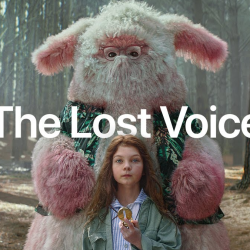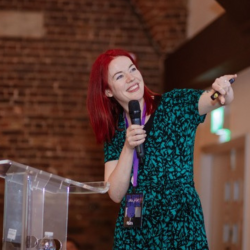I had to look up ‘side quest’…
That is because I’m not a gamer, so I’m not beating myself up for being ignorant. If you were wondering, it’s a detour from the main purpose of a video game. I guess that puts Side Quest into the category of sports metaphors. For years we have had to live with American ones like ‘ballpark’, ‘home run’, ‘slam dunk’, ‘down to the wire’, ‘hail mary’ etc. We also use ‘hitting it out the park’, ‘out for the count’, and can compete by borrowing ‘stalemate, own goal’ and ‘moving the goalposts’ from our own games and sports.
These metaphors work, because they are analogies with real life, business life, and common occurrences in general.
Side quests could work like that too. Does commitment to planning imply blindness to other avenues? I don’t believe so. From personal experience, my determination to develop as a writer of articles, blogs and then business books was in no way inconsistent with a long career as an adman, and latterly as a client-side adviser. Without consciously changing direction, I was saying to myself, ‘Don’t just read stuff. Give other people stuff to read’.
I have an account planner friend, who out of nowhere has emerged as a talented and prolific screenwriter. Another friend is a city lawyer turned rum distiller, and in Surrey, not Barbados.
Apart from a widespread propensity to multi-task and be versatile, there are three factors at work:
- Social media kick-started the age of individualism. People are now brands with their own power source.
- This has in turn been fuelled by covid, lockdown and being forced to work from home (‘my territory, not the bloody office’).
- Longevity — the expectation of far more active years beyond retirement.
Side quests, and in particular, side quests we can engage in from ‘fortress home’, have become a natural outcome for so many
Not a deviation from the plan, more an enrichment and extension of it — albeit in a different direction. If you think about it, the whole concept of ‘retirement’ has changed with living longer and aspiring to a more satisfying life.
The association of planning with a one-dimensional career is just so very old-fashioned. My own father was born 130 years ago in 1892, but he still had the vision to give me this advice as I was thinking about what to do after university: “Don’t make the mistake I made, Dave,” he said. “Don’t give all your life to one career, let alone one company, as I have done“.
I feel that when you embark on a side hustle or a full-blown side quest, you don’t always know whether it is going to lead to a new existence, or an enrichment of ‘the plan’ and the goal you have committed to. And a good thing, too! Looking outside the life you have shouldn’t necessitate shutting a door that locks behind you.
And all this reckons without the influence of relentless technological change. We develop our ambitions and skills. We use our experiences to upgrade our aspirations. Meanwhile technology — and very often the societal change it brings in its wake — transforms our world and forces us to adapt and learn new tricks if we want to be successful. A side quest may be a detour from the main purpose of the video game. But the video game of our life will almost certainly be changed, if not totally transformed, in real time, while we are living that life.
The side quest isn’t the Plan B we always had in mind, nor is it necessarily a new fork in the road. We can use drone view nowadays. The side quest might start out as just the second fastest route on Google Maps.
Featured image: Pixabay































